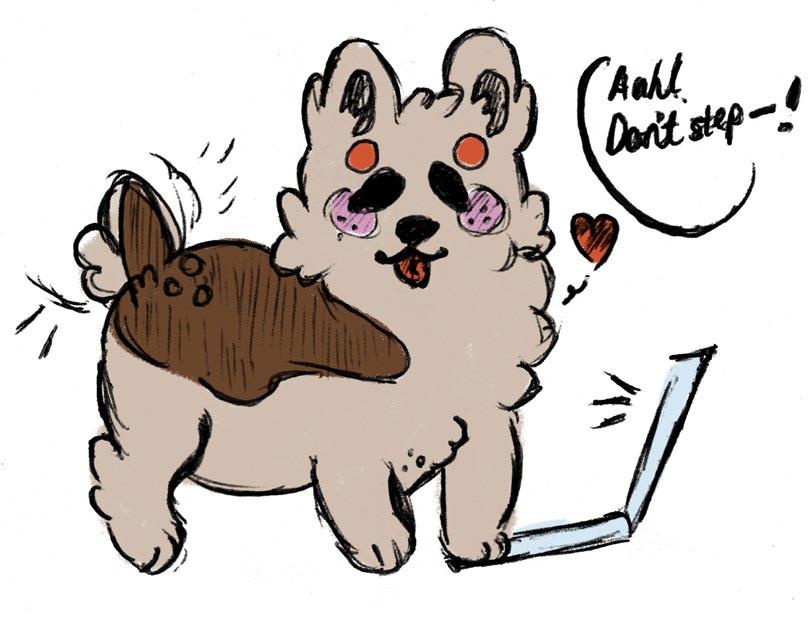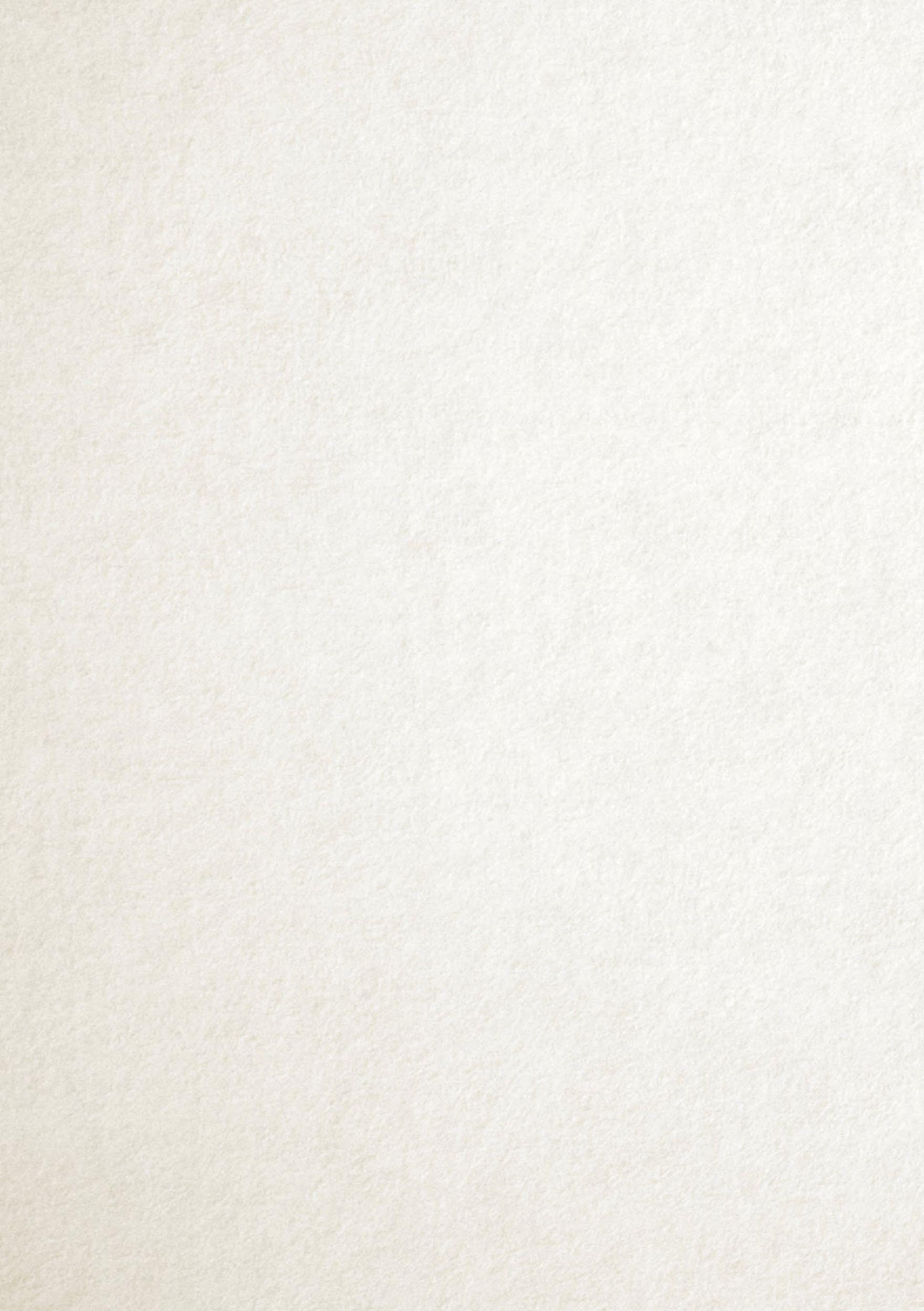
4 minute read
From Behind Closed Doors
WRITTEN BY SOPHIE BARLOW
I always viewed my family as normal.
Advertisement
We lived on acreage about 45 minutes away from the Gold Coast, on the other side of the Hinterland. The mortgage, utility bills, and the family, were supported by my father working as a machinist. Mum stayed home; a cheaper alternative to child-care.
We played games in the backyard, watched movies, had weekend barbeques with family and friends. I participated in extracurriculars. Nothing indicated that our family life was anything but ordinary.
It was late winter in 2014, the August air brisk and crisp, when Mum rang to inform me that she was taking herself and my siblings into a women’s shelter. My parents’ relationship had been turbulent over the past few months, but nothing had eventuated. Until part of me thought Mum was over-reacting. Women’s shelters were for those fleeing violent households – we weren’t one of those.
When Dad came home, I was the first person he rang. Initially I tried to feign ignorance, saying I didn’t know where they were. This was partly true. I knew they were in the shelter, obviously, but I didn’t know a street name or a suburb. I couldn’t know, because I was still in contact with Dad. I couldn’t know, because of this exact situation.
Dad realised I was lying to him and he was apoplectic. How could I have done this to him? It reminded me of how angry he’d get if I locked the bathroom door.
‘Don’t lock the door,’ he’d say. ‘If anything happened to you, if you slipped and fell, we wouldn’t be able to help you.’ If he heard the lock click, he’d be beating his fist against the door within seconds.
He’d yell from the other side. ‘Don’t. Lock. The. Door.’
I learned that if I held the lock down as I turned the handle, it stopped the click giving me away. But while showering, I’d hear the handle rattle - he was testing to see if I’d locked it. I’d spend the rest of my shower mentally preparing myself for the verbal hiding I’d receive once I left the bathroom. As stupid and meagre as his reasoning was (the
locks have a safety mechanism – a screwdriver can unlock them), I’d disobeyed him, so I earned his wrath. But I never counted this as abuse. Controlling, yes, but simply an example of parental discipline.
I became the negotiator while Mum was in the shelter. A go-between, passing demands from one party to the other. When I asked Dad if Mum would be able to collect some of her belongings, he instantly refused.
‘Not until I see my kids,’ he stipulated; I told my mother.
‘Absolutely not.’ Neither of them were willing to budge, but I talked my mother around, attempting to allay any worries by stating that I’ll be there.
‘He’s not going to do anything Mum.’ I’d taken as many precautions: organised a public place, made sure there was enough of a buffer period between Mum leaving and Dad arriving so their paths wouldn’t cross.
The first few months after someone leaves an abusive relationship, whether it be physical, emotional, or mental abuse, are the most dangerous. This is when their partners might violently retaliate, and we were in that hot zone.
Mum started crying as she said goodbye to us in front of the South Bank pool, scared that it might be the last time. She was remembering Luke Batty, remembering Darcey Freeman. Being in public didn’t stop those men from murdering their children in broad daylight. They brought their violent and domineering tendencies, their anger at losing control over their families out from behind closed doors and into the public consciousness. Would Dad be the same? Had I done enough to protect my brothers and sister? Would I have the instinct to step in if things went south?
My mother’s fears weren’t realised; But they were valid. Unfortunately, I didn’t realise until earlier this year. Until Hannah Baxter, I didn’t realise that it could have been us.
I don’t feel uncomfortable referring to myself as a ‘survivor’ – it implies I made a conscious effort to fight back in an unusual situation. But volatile screaming matches were the norm.
During one fight, Dad threw a VHS cassette across the room, smashing it into pieces against the wall. I cried watching the tape flutter down to the carpet, bundling on top of the plastic fragments. Not because I was scared, but simply because it was my favourite movie.
Six years later, I’m still dealing with the fallout. Relationships are a struggle. I’m concerned that I’ll continue the pattern, falling for someone abusive. I’m also worried that I’ve taken on behaviours I’ve learnt that I’ll be the toxic one. Sometimes I think I’m being hyperbolic with my memories, a gaslighting of the self. Recently, I began seeing a psychologist, to help me understand and better control my emotions. I recounted the situation between my parents to her, qualifying that ‘he never hit us’. The doctor stopped me before I could continue, saying:
‘He didn’t have to.’
Throughout the hour in her office, I didn’t cry once. But I walked out the clinic doors and immediately broke down. I felt validated, for the first time. What my family and I had gone through wasn’t insignificant. Even if I don’t get back to a sense of normality, I can at least begin to heal.




